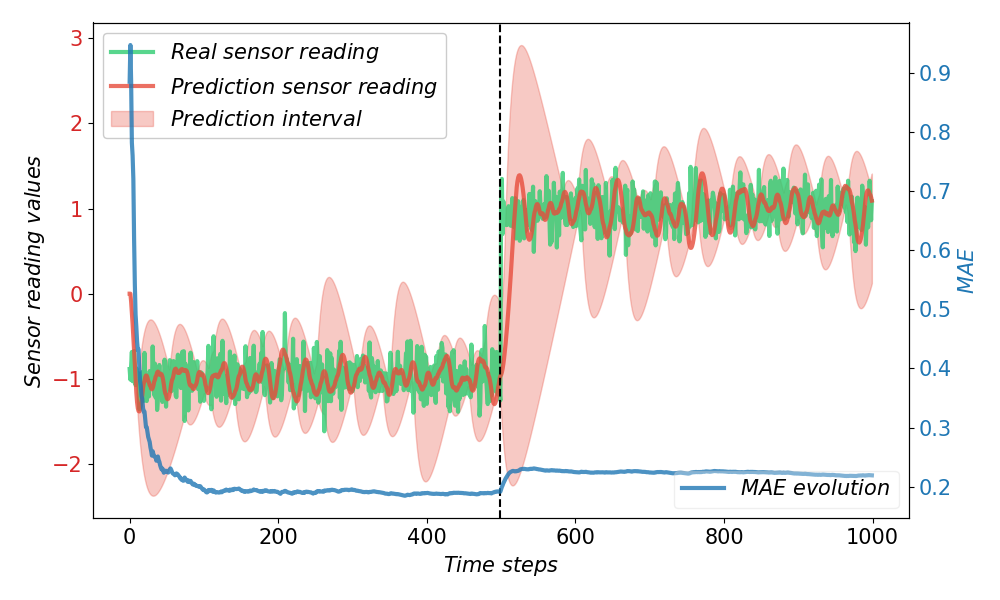Uncertainty and Concept Drift (On the Connection between Concept Drift and Uncertainty in Industrial Artificial Intelligence)
Introduced by Lobo et al. in On the Connection between Concept Drift and Uncertainty in Industrial Artificial IntelligenceAI-based digital twins are at the leading edge of theIndustry 4.0 revolution, which are technologically empowered bythe Internet of Things and real-time data analysis. Information collected from industrial assets is produced in a continuous fashion, yielding data streams that must be processed under stringent timing constraints. Such data streams are usually subject to non-stationary phenomena, causing that the data distribution of the streams may change, and thus the knowledge captured by models used for data analysis may become obsolete (leading to the so-called concept drift effect). The early detection of thechange (drift) is crucial for updating the model’s knowledge, which is challenging especially in scenarios where the ground truth associated to the stream data is not readily available. Among many other techniques, the estimation of the model’s confidence has been timidly suggested in a few studies as a criterion for detecting drifts in unsupervised settings. The goal of this manuscript is to confirm and expose solidly the connection between the model’s confidence in its output and the presence of a concept drift, showcasing it experimentally and advocating for a major consideration of uncertainty estimation in comparative studies to be reported in the future.
Papers
| Paper | Code | Results | Date | Stars |
|---|
